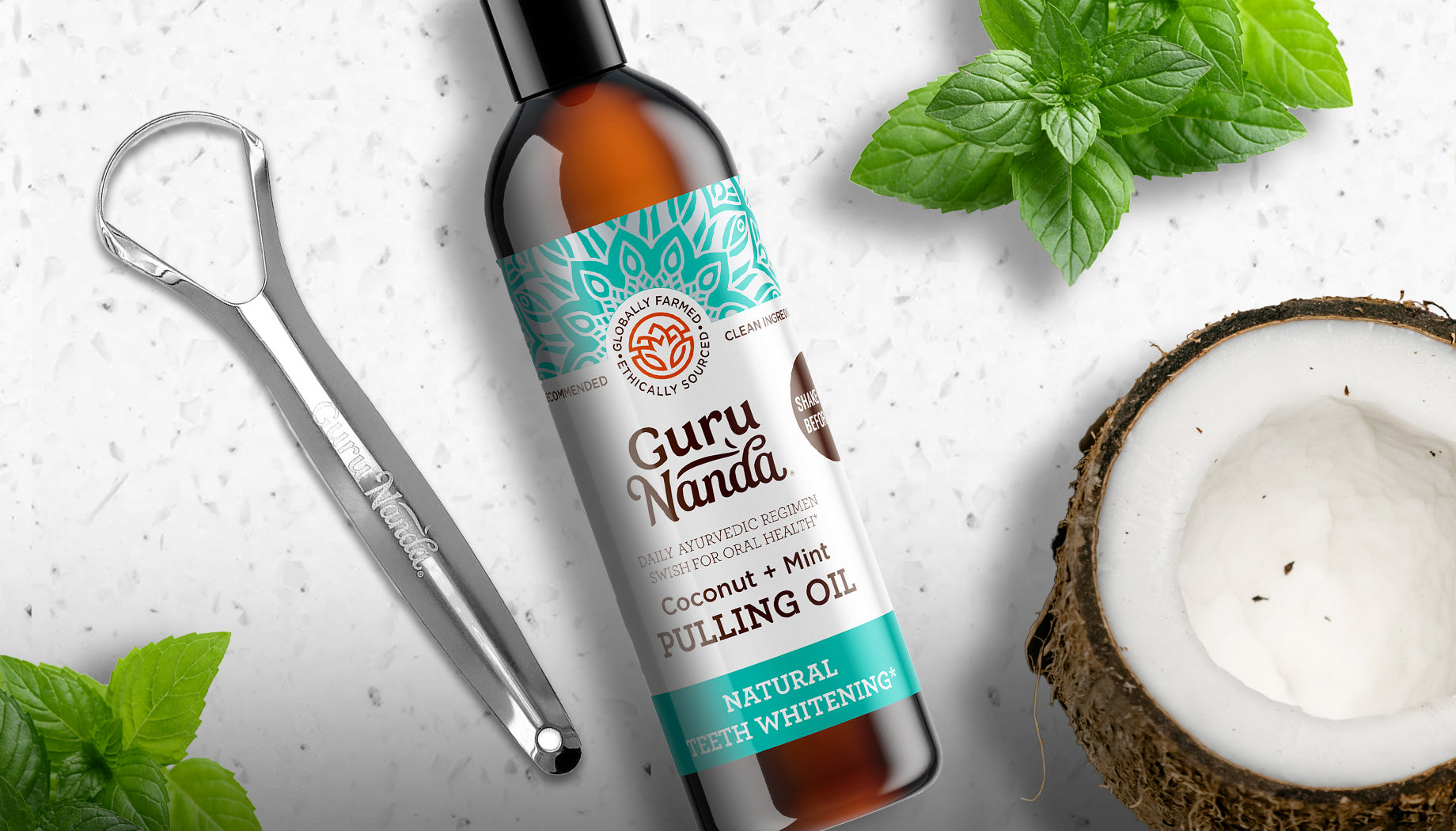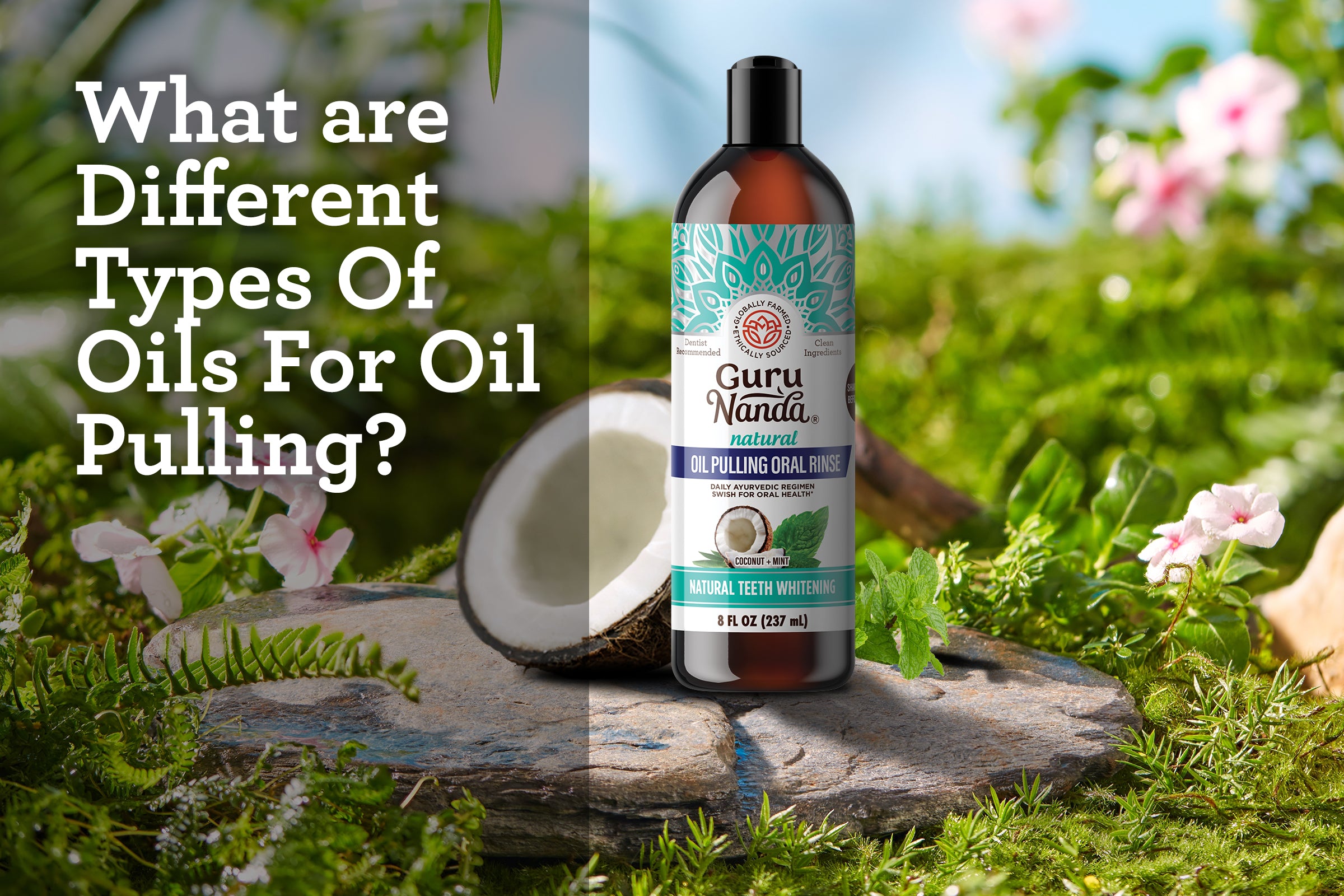Gut health is fundamental to overall well-being, and one effective way to support it is through a gut cleanse. This natural approach focuses on eliminating toxins, improving nutrient absorption, and restoring a balanced gut microbiome. Research indicates that poor gut health can contribute to various health issues, including fatigue, digestive discomfort, and weakened immunity. Here’s what you need to know about gut cleansing and how it can enhance your digestive health [1].
What Is a Gut Cleanse?
A gut cleanse is a holistic method of improving digestive health by removing harmful substances, such as toxins or pathogens, that may disrupt the balance of gut flora. By focusing on dietary changes, herbal supplements, prebiotics, and probiotics, gut cleansing aims to support a healthy digestive system and boost overall health.
Signs You May Need a Gut Cleanse Or Colon Cleanse
An unhealthy gut can manifest in several ways. If you notice any of the following symptoms, a natural gut health cleanse might help restore balance:
- Digestive Issues: Symptoms like bloating, diarrhea, constipation, or abdominal pain are often linked to an imbalanced gut microbiome [2].
- Chronic Fatigue: Poor gut health can impair nutrient absorption, leaving you feeling tired and lethargic [1].
- Skin Problems: Conditions such as acne, eczema, or rashes can sometimes stem from gut imbalances [3].
- Allergies and Food Intolerances: An unhealthy gut may lead to increased sensitivity to certain foods or allergens.
- Mood Swings and Mental Health Issues: The gut-brain connection means that imbalances can contribute to anxiety, depression, or mood disorders.
- Sleep Disturbances: Poor gut health may disrupt sleep, leading to difficulty falling or staying asleep [4].
Benefits of Gut Cleansing
A gut cleanse can improve various aspects of your health:
- May Strengthen the Immune System: A balanced gut microbiome enhances immune function and helps the body fend off infections [5].
- May Help Restore Digestive Health: Removing toxins and rebalancing gut flora alleviates digestive discomfort and promotes regular bowel movements.
- May Improve Nutrient Absorption: A healthy gut ensures efficient absorption of essential vitamins and minerals, boosting energy and overall health.
Herbs for Gut Cleansing
Certain herbs have properties that support gut health by eliminating harmful microbes, reducing inflammation, and promoting microbial balance. These include:
- Wormwood (Artemisia absinthium): Known for its antimicrobial effects, wormwood can support gut health by targeting harmful organisms [6].
- Clove (Syzygium aromaticum): Clove contains compounds that combat pathogens and promote a healthy microbiome [7].
- Garlic (Allium sativum): Garlic has well-documented antimicrobial and antifungal properties that enhance gut health [8].
- Turmeric (Curcuma longa): This anti-inflammatory herb supports gut integrity and helps maintain a balanced microbiome [9].
How to Start a Gut Cleanse
- Adopt a Clean Diet: Focus on whole, nutrient-dense foods while avoiding processed foods, refined sugars, and alcohol. Include fiber-rich options like fruits, vegetables, and whole grains to support digestion.
- Hydrate: Drink plenty of water to flush toxins and maintain hydration.
- Incorporate Probiotics: Add fermented foods like yogurt, kefir, or sauerkraut to your diet to restore beneficial bacteria.
- Incorporate Prebiotics: Include prebiotic-rich foods like asparagus, onions, garlic, leeks, bananas, and oats. Prebiotics serve as “fuel” for beneficial gut microbes, supporting their growth and contributing to a more balanced and resilient microbiome.
- Use Gut-Friendly Foods: Include garlic, ginger, pumpkin seeds, and papaya seeds, which support gut health and microbial balance.
- Herbal Supplements: Work with a healthcare provider to incorporate herbs like wormwood, black walnut, and cloves for added gut-cleansing benefits. Consider adding GuruNanda’s Gutcleanse with Wormwood, Clove & Fulvic Acid supplement to provide a comprehensive blend of gut-supportive compounds.
- Lifestyle Adjustments: Prioritize sleep, manage stress, and maintain good hygiene to support long-term gut health.
- Fasting: A supervised intermittent fasting may help reset and support the gut microbiome. Fasting allows the digestive system to rest, potentially reducing inflammation and improving gut barrier function. Always consult a medical professional before attempting an extended fast [10].
How Often Should You Do a Gut Cleanse?
The frequency of a gut cleanse depends on individual health and lifestyle. For most people, an annual or semi-annual cleanse is sufficient to maintain gut health. If you have persistent digestive issues or high exposure to processed foods and stress, more frequent cleanses may be beneficial. Consult a healthcare professional for personalized recommendations.
What to Expect During a Gut Cleanse
It’s common to experience mild side effects during a gut cleanse as your body adjusts and eliminates toxins. Temporary symptoms may include:
- Fatigue: As toxins are expelled, you may feel drained initially.
- Digestive Changes: You may experience mild bloating or increased bowel movements.
- Skin Reactions: Some people notice rashes or minor breakouts as the body detoxifies.
These symptoms typically subside as the cleanse progresses, leading to improved energy and overall well-being.
Conclusion
A gut cleanse is a proactive way to support digestive health and improve overall wellness. By understanding the signs of gut imbalance and incorporating dietary changes, herbs, prebiotics, and probiotics, you can restore a healthy microbiome and optimize nutrient absorption. Consult a healthcare provider for tailored guidance and start your journey towards better gut health today. Add prebiotics
FAQs
1. How do I know if I need a gut cleanse?
Symptoms like bloating, irregular bowel movements, fatigue, skin issues, and weakened immunity suggest gut imbalance. If these persist, a gut cleanse can help restore balance and support overall health. Consult a healthcare provider for personalized advice.
2. What foods help cleanse the gut?
Foods rich in fiber, probiotics, prebiotics, and natural detoxifiers help cleanse the gut and promote overall gut health. Fiber-rich fruits, vegetables, and whole grains (such as leafy greens, apples, and oats) support digestion and toxin removal. Probiotic foods like yogurt and kimchi introduce beneficial bacteria, while prebiotic foods like garlic feed these good microbes. Together, these foods help maintain a balanced gut environment and improve digestive well-being.
3. Is a gut cleanse safe for everyone?
Gut cleanses are generally safe when done with natural foods, prebiotics, and probiotics. However, individuals with chronic conditions, pregnant women, or those on medication should consult a doctor before starting any cleanse to avoid adverse effects.
4. Can you lose weight by doing a gut cleanse?
A gut cleanse may lead to temporary weight loss by reducing bloating and improving digestion. While it can optimize nutrient absorption and metabolism, lasting weight loss requires a balanced diet and regular exercise.
5. How often should I do a gut cleanse?
The frequency depends on individual health and lifestyle. Most people benefit from annual or semi-annual cleanses. If you experience persistent gut issues, consult a healthcare provider for tailored guidance on cleansing frequency.
[1]https://www.nih.gov/news-events/news-releases/studies-find-microbiome-changes-may-be-signature-mecfs
[2]https://newsinhealth.nih.gov/2020/02/gut-troubles
[3]https://pmc.ncbi.nlm.nih.gov/articles/PMC6920876/
[4]https://www.nia.nih.gov/news/beyond-brain-gut-microbiome-and-alzheimers-disease
[5]https://www.nih.gov/news-events/news-releases/gut-trains-immune-system-protect-brain?
[6]https://pmc.ncbi.nlm.nih.gov/articles/PMC8123286/
[7]https://pmc.ncbi.nlm.nih.gov/articles/PMC4178913/
[8]https://pubmed.ncbi.nlm.nih.gov/10594976/





